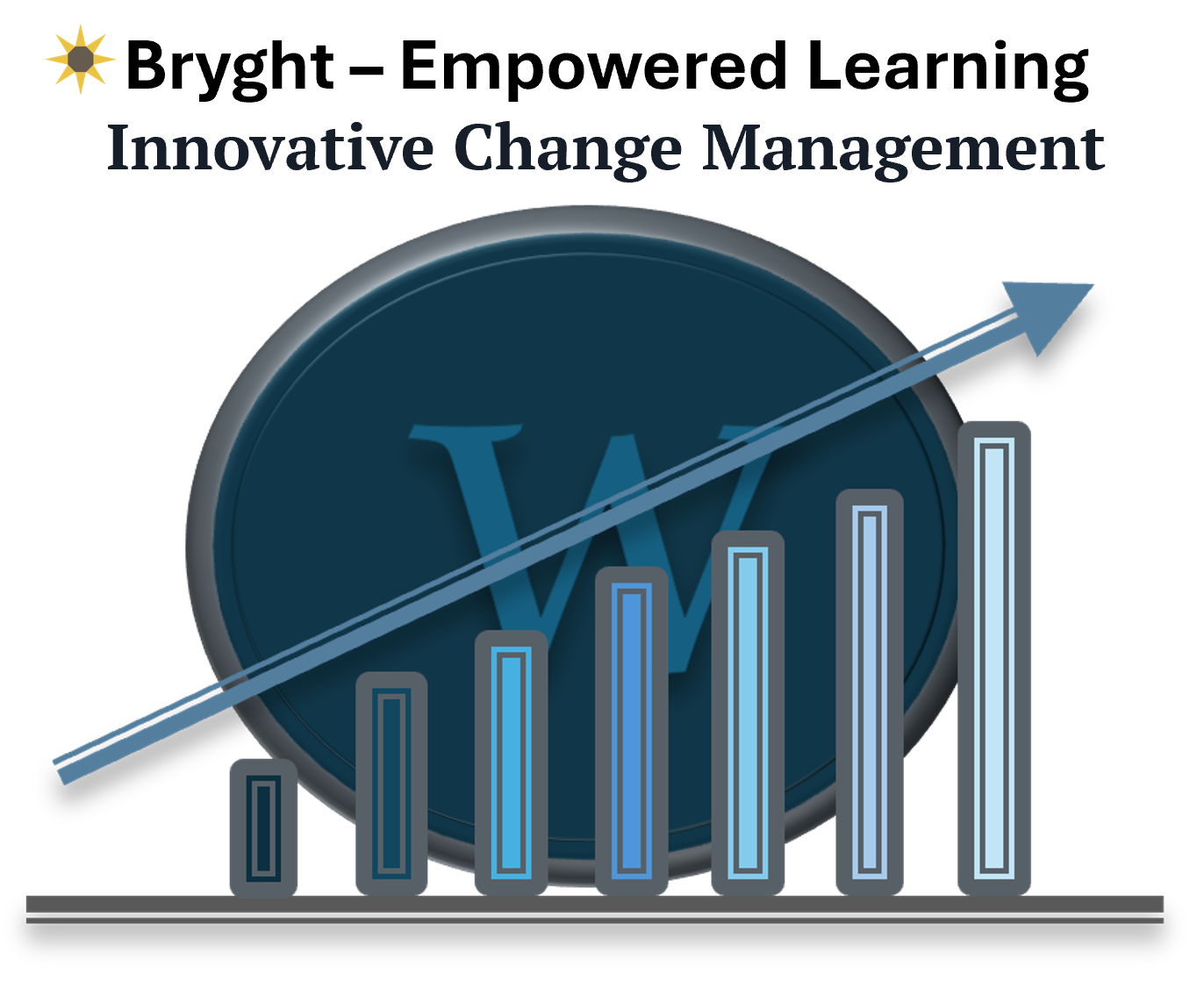
"Top 5 Soft Skills Every Professional Needs to Succeed"
Dec 07, 2024Soft skills are often described as the “glue” that holds technical skills together. In this blog, we’ll break down five essential soft skills that every professional should master to excel in their career.
1. Communication Skills:
Effective communication skills are essential for personal and professional success because they allow individuals to convey information, ideas, and emotions clearly and persuasively. Here's why they matter:
-
Builds Strong Relationships: Clear communication fosters trust, understanding, and collaboration in personal and professional interactions.
-
Enhances Career Prospects: Employers highly value communication skills as they are crucial for teamwork, problem-solving, and leadership.
-
Prevents Misunderstandings: Good communication ensures clarity, reducing conflicts and errors.
-
Supports Personal Growth: Expressing oneself effectively helps in self-advocacy, emotional regulation, and decision-making.
-
Facilitates Knowledge Sharing: In any context, strong communication ensures that ideas and information are shared accurately and efficiently.
Communication skills encompass a range of abilities, including:
-
Verbal Communication:
-
Articulating ideas clearly in spoken words.
-
Using appropriate tone, pitch, and clarity to ensure the message is understood.
-
-
Non-Verbal Communication:
- Using body language, gestures, facial expressions, and eye contact to reinforce the message.
- Recognizing others' non-verbal cues for better understanding.
-
Written Communication:
- Writing emails, reports, or messages that are clear, concise, and impactful.
-
Listening Skills:
- Actively listening to understand, rather than just to reply.
- Showing empathy and giving undivided attention.
-
Interpersonal Skills:
- Building rapport, showing respect, and managing interactions positively.
-
Presentation Skills:
- Organizing and delivering information in a structured way to an audience.
-
Conflict Resolution:
- Addressing disagreements constructively and finding mutually beneficial solutions.
Improving communication involves:
- Practicing active listening and asking clarifying questions.
- Seeking feedback on your communication style.
- Reading and writing regularly to improve verbal and written clarity.
- Observing skilled communicators and emulating their techniques.
Strong communication is a foundational skill that supports success in nearly every area of life, from personal relationships to professional achievements.
- Clear and concise communication is the backbone of any successful professional relationship.
- How to improve: Join a public speaking group like Toastmasters or practice active listening during meetings.
2. Emotional Intelligence:
Emotional Intelligence (EQ) refers to the ability to understand, manage, and influence one's own emotions as well as the emotions of others. Unlike IQ, which measures cognitive abilities, EQ focuses on emotional and interpersonal skills. It includes several core components:
- Self-awareness: Recognizing and understanding your emotions.
- Self-regulation: Managing your emotions constructively.
- Motivation: Using emotions to stay focused on goals.
- Empathy: Understanding and considering others' feelings.
- Social skills: Navigating and influencing relationships effectively.
Why is EQ Important?
EQ plays a crucial role in both personal and professional settings:
- Improves Relationships: High EQ fosters better communication, understanding, and conflict resolution in personal and professional relationships.
- Enhances Leadership: Leaders with high EQ can inspire, manage teams effectively, and handle challenges calmly.
- Boosts Mental Health: Emotional regulation reduces stress, anxiety, and helps in building resilience.
- Promotes Workplace Success: Studies suggest that EQ is a stronger predictor of career success than IQ, as it contributes to teamwork, adaptability, and decision-making.
- Supports Overall Well-Being: Being emotionally intelligent helps maintain a balance between work, relationships, and personal growth.
In essence, while cognitive intelligence may get you through the door, EQ is often what helps you thrive and lead effectively.
How to improve: Practice mindfulness and reflect on emotional triggers.
3. Adaptability:
- The ability to thrive in the face of change is a must in today’s dynamic workplace.
- How to improve: Embrace challenges as learning opportunities and stay curious about new technologies or methods.
4. Problem-Solving:
- Employers value individuals who can think critically and find solutions under pressure.
- How to improve: Engage in activities that encourage strategic thinking, like puzzles or scenario-based simulations.
5. Collaboration and Teamwork:
- Working well with others, regardless of differences, is crucial for achieving shared goals.
- How to improve: Focus on building rapport, respecting diverse perspectives, and fostering open communication.
Mastering these soft skills takes time and effort, but the payoff is immense. They not only make you a better employee but also a more effective leader and collaborator. Start your soft skills journey today to unlock your full potential.
Wilhelmina Stöcker
Founder Bryght Empowered Learning
www.bryghtel.com
Stay in the Loop!
New blogs, courses, and services delivered to your inbox.
We hate SPAM. We will never sell your information, for any reason.




